"Chai" Long Vu revealed his unexpected past, sleeping under the car, traveling everywhere with his mother
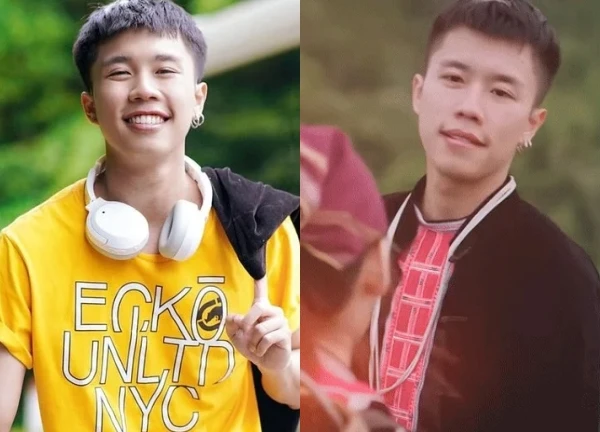
1 | 1 Discuss | Share
'Walking in the Radiant Sky' is a film that is highly appreciated by the audience in terms of script. After 2 weeks of airing, although the film has been involved in controversies related to costumes and cultural elements, it has never been criticized in terms of plot or character personality.
However, in episode 10, which was recently aired, the film suddenly encountered a fierce controversy surrounding the behavior of the character Pu (Thu Ha Ceri) towards Chai (Long Vu). Specifically, in this episode, Pu had to deliver the baby for May - a friend of Pu's age but was married, had 3 children and was now in labor with her 4th child. May had a difficult birth but did not have money to go to the clinic, making Pu extremely heartbroken and pitiful.
She decided to seek Chai's help. Although she was the one asking for help and borrowing money, Pu had a "superior" attitude towards the person helping her. She forced Chai to give her his father's money for the goods with a rude and threatening attitude. Chai, out of pity for Pu, could only be afraid and give Pu the money to save his friend. Later, when he and Chai returned home, Pu continued to glare and act grumpy when Chai's father asked for the money for the goods.
Even though Pu is a girl with a strong personality, stubborn and especially always grumpy with Chai, her behavior in this scene still makes the audience uncomfortable, even wanting to "teach" Pu a lesson.
In an urgent situation, when he needed to ask for help from others, Pu should have been a little more gentle instead of being somewhat insolent and "superior" to Chai. After episode 10 of the show aired, many viewers felt uneasy with Pu's attitude and hoped that in the next developments, when the urgent work had been properly handled, Pu would calm down and say a word of thanks to Chai.
Meanwhile, Chai’s kind and honest personality received much praise from the audience. Many netizens said that although Chai was childish, playful and uneducated, he was always delicate, emotional and always helped others when they needed it. Because of this difference in personality, many viewers affirmed that Pu was not worthy of Chai’s love.
Right from the first episode, Di Giua Troi Ruc Roc attracted the audience thanks to the rugged mountainous setting of Cao Bang, with vast fields and immense hills. It is both the majesty of nature, but also the barrier separating the ethnic minority community from the outside world.
The work is like a door to a unique cultural space that few people know about. From there, life stories, the way the Dao community maintains its identity over time, or the economic and geographical difficulties are also exploited on the screen. With the scale of a television series, Di Giua Troi Ruc Rot is difficult to fully recreate the life of the Dao community, but in terms of ideas, this is still a relatively interesting movie-watching experience, easily attracting audiences.
The unique cultural material is the fresh point, separating Di giua troi ruc roc from most of the TV series in recent years, when the scriptwriter seems to have exploited the family theme to the point of exhaustion, even indulged in the element of "the third person" and adultery. In addition, in recent years, popular entertainment content has also gradually exploited more cultural materials of the highland people.
Obviously, Going in the Bright Sky has been involved in many controversies, especially the errors in depicting Dao culture.
Exploiting cultural materials has never been easy. In Vietnam, directors who have done well in this field such as Tran Huu Tan with Ke an hon, Tet o lang Dia Nguc or Victor Vu with Nguoi vo cuoi trung (2023) have all shown meticulousness in research.
For example, each outfit in Soul Eater had to go through five rounds of censorship, including one round from a historical advisor. Or the ao dai in The Last Wife were all designed based on historical documents, down to each layer.
With Di Giua Troi Ruc Roc, due to the relatively limited resources of a TV series as well as its very long duration (110 episodes), mistakes are inevitable. In addition, the lack of care of the film crew in researching and deepening the culture of the Dao people also led to the work having many incorrect details, not reflecting reality.
The brainchild of director Do Thanh Son was criticized for having the characters wear traditional costumes incorrectly, and the details of the living space and worship space were also not true to Dao culture. Since then, the film has lost some of the audience's sympathy.
Walking in the Radiant Sky has just been released and has already achieved great success, all thanks to the Pu - Chai couple. 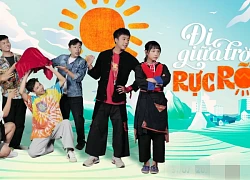 Phượng Vũ15:10:14 15/08/2024With the participation of veteran actors and the hot Gen Z couple in recent days, Di Giua Troi Ruc Ro has become the most watched movie at the moment.
Phượng Vũ15:10:14 15/08/2024With the participation of veteran actors and the hot Gen Z couple in recent days, Di Giua Troi Ruc Ro has become the most watched movie at the moment.

1 | 1 Discuss | Share
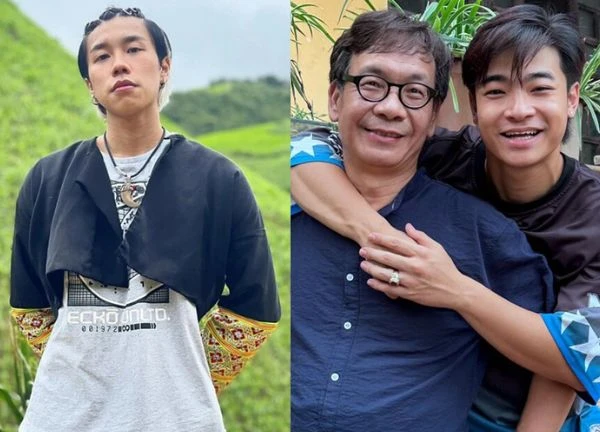
3 | 1 Discuss | Share
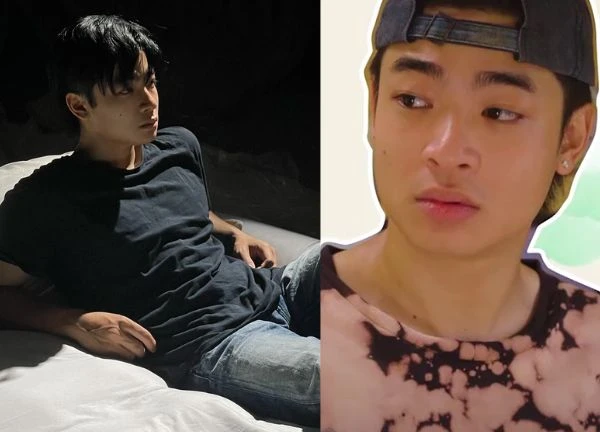
4 | 1 Discuss | Share
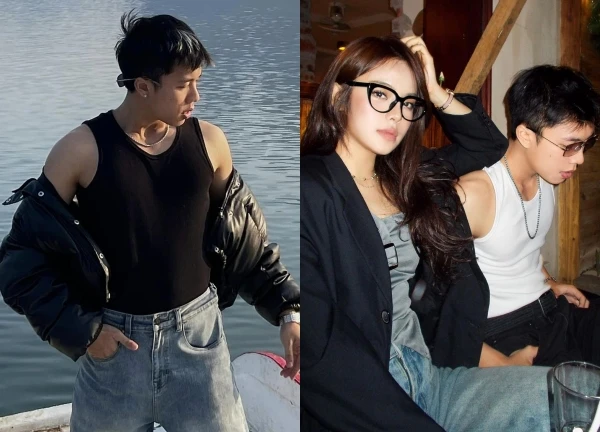
1 | 1 Discuss | Share
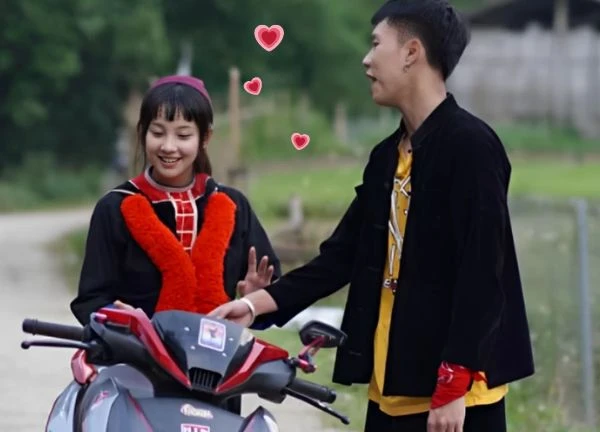
5 | 1 Discuss | Share
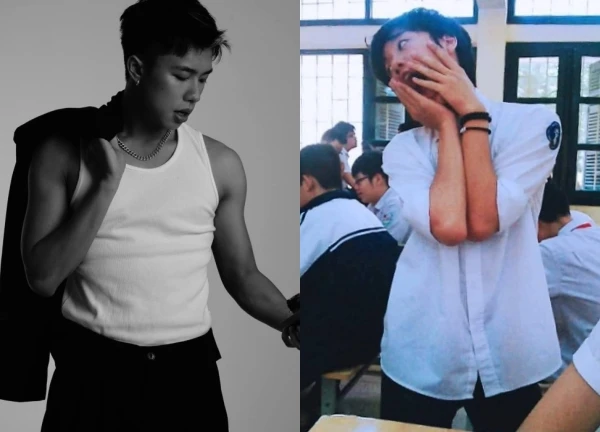
2 | 1 Discuss | Share

4 | 1 Discuss | Share
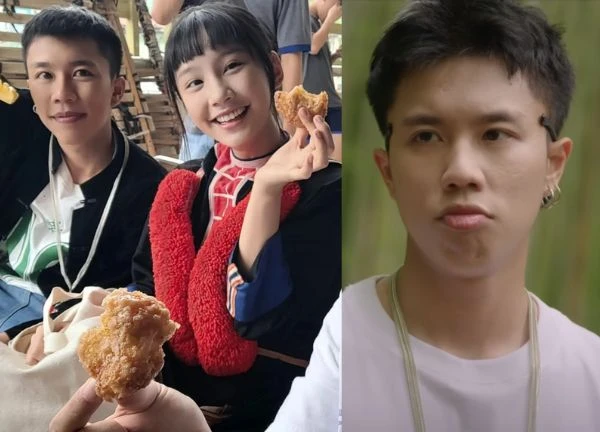
2 | 1 Discuss | Share
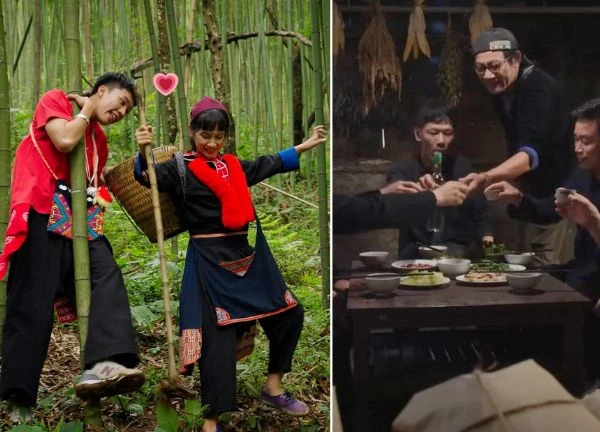
3 | 1 Discuss | Share
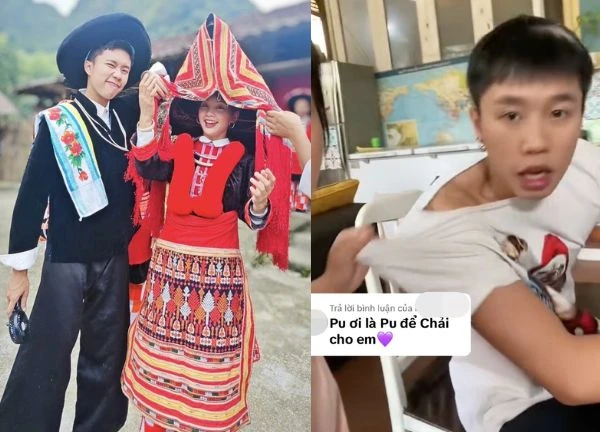
2 | 1 Discuss | Share
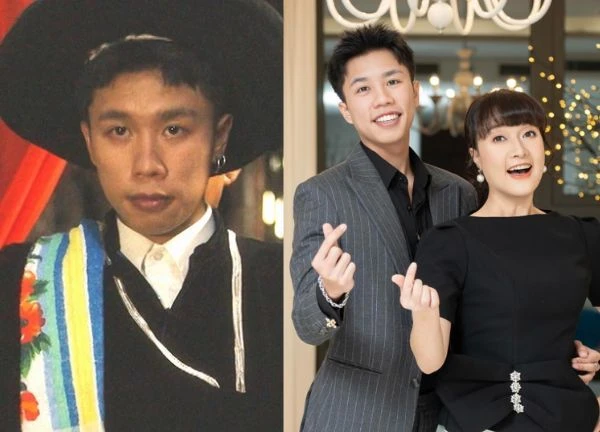
4 | 1 Discuss | Share

3 | 0 Discuss | Share
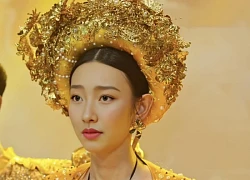
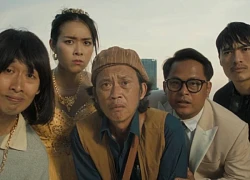

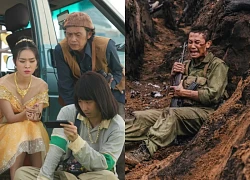
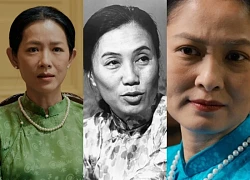

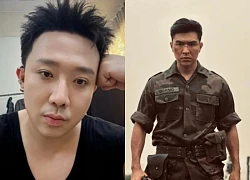
5 | 1 Discuss | Report